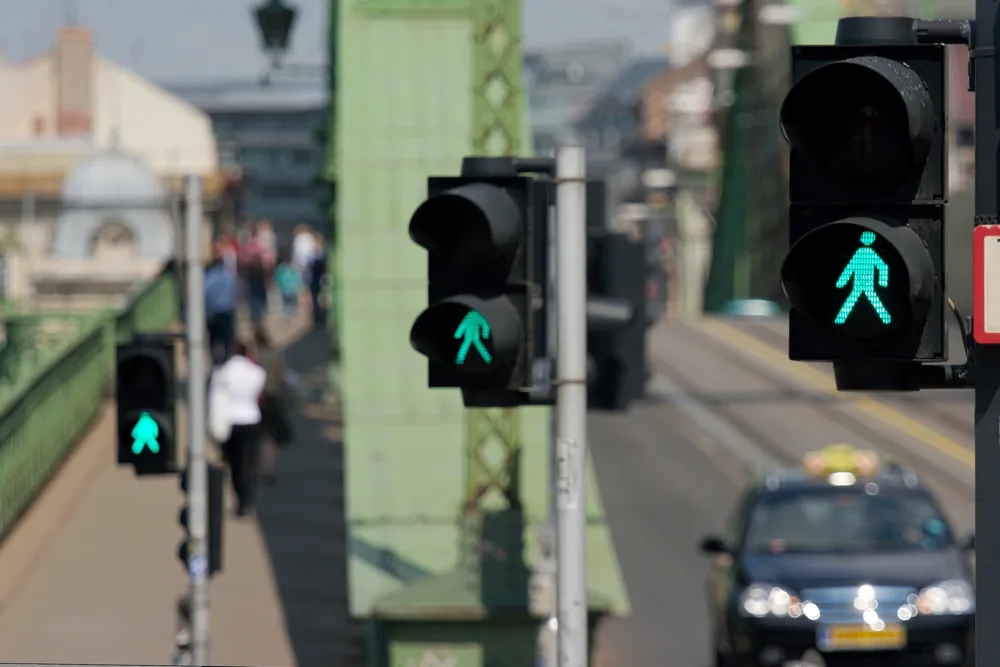Motorists in the Dutch city of Zoetermeer are to benefit from a smart parking concept developed jointly by Nedap and Vialis, which displays real-time parking space availability on Vialis electronic displays alongside the access roads to the city centre. Parking data will also be made available through an app for smart phones and through navigation systems in vehicles. The city is the first municipality in the Netherlands to respond to Ministry of Infrastructure and the Environment request to make parking da
July 11, 2013
Read time: 2 mins
Motorists in the Dutch city of Zoetermeer are to benefit from a smart parking concept developed jointly by 3838 Nedap and Vialis, which displays real-time parking space availability on Vialis electronic displays alongside the access roads to the city centre. Parking data will also be made available through an app for smart phones and through navigation systems in vehicles.
The city is the first municipality in the Netherlands to respond to Ministry of Infrastructure and the Environment request to make parking data publicly available.
Nedap’s Sensit system of wireless parking sensors detects vehicle occupancy of each parking space, and shares the information with third party parking guidance, enforcement and intelligent traffic management systems. The system is scheduled to be fully operable mid October and will provide date to the city’s traffic management system.
Nedap says its experience has proved the system’s positive impact on traffic flow enabling motorists to navigate the city more easily and making better use of available parking spaces.
The city is the first municipality in the Netherlands to respond to Ministry of Infrastructure and the Environment request to make parking data publicly available.
Nedap’s Sensit system of wireless parking sensors detects vehicle occupancy of each parking space, and shares the information with third party parking guidance, enforcement and intelligent traffic management systems. The system is scheduled to be fully operable mid October and will provide date to the city’s traffic management system.
Nedap says its experience has proved the system’s positive impact on traffic flow enabling motorists to navigate the city more easily and making better use of available parking spaces.









